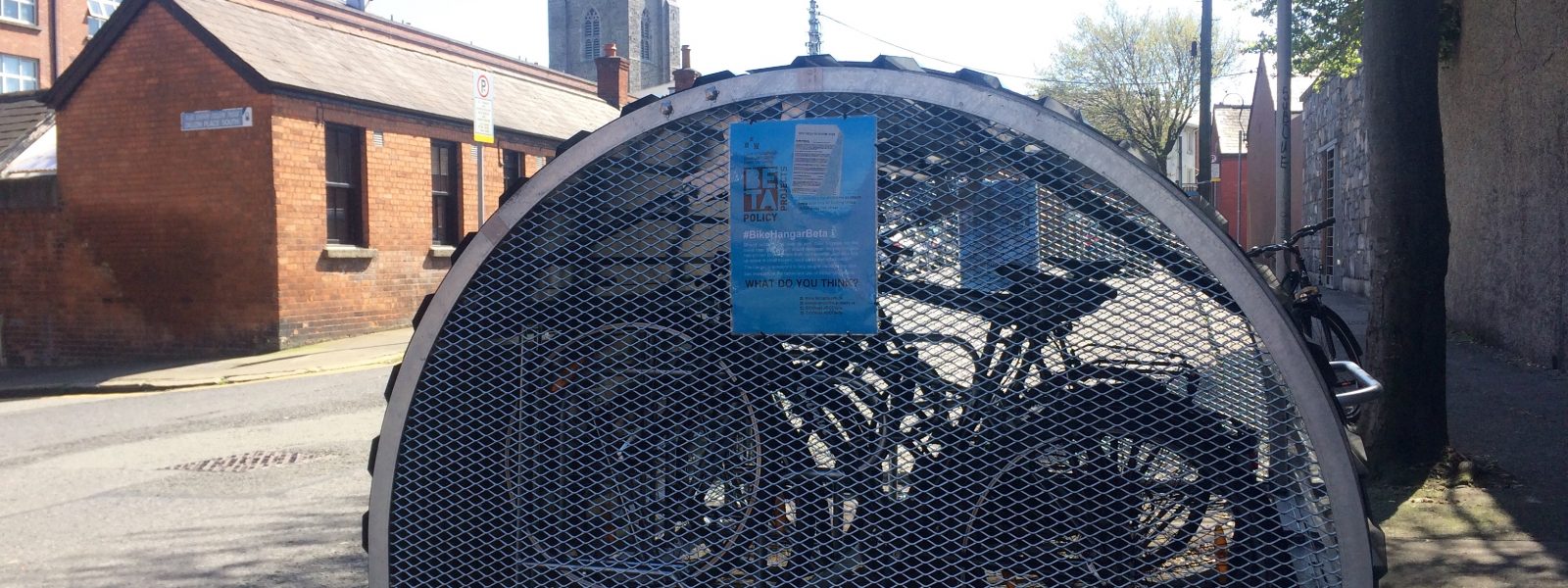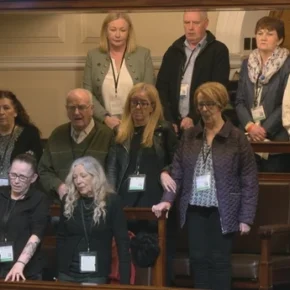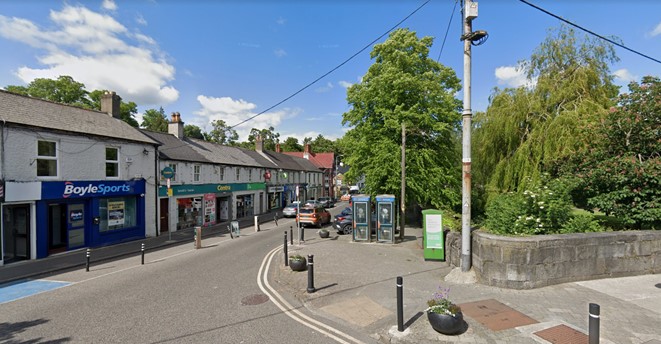Dublin City Council to roll out 350 bike bunkers across the city
Gary Ibbotson 23 Sep 2021
Dublin City Council plans to install 350 additional bike bunkers across the city in an effort to quell bicycle thefts.
The bunkers, which are large storage facilities that have lockable doors are an alternative method to keeping bicycles in sheds or hallways.
At a recent traffic and transport meeting, William Mangan a senior executive engineer for Dublin City Council says that “Bike Bunkers originated from a Dublin City Council BETA Project in 2015.
“The Bike Bunker team in Dublin City Council are now seeking to learn more about the optimal delivery model for this service (e.g. funding, legal, branding, pricing, locations, etc.).”
Mangan said that the initial roll out of the bunkers will be in areas located inside the canals and are currently considering registrations of interest for potential sites.
The report on the bunkers said that the council takes into account numerous factors before installing the bunkers.
“Bike Bunkers are about convenience, and so DCC only consider installing a Bike Bunker within a certain radius of the applicant (approx. 200m),” it says.
“A Bike Bunker typically holds between four to six bikes depending on the model.”
It says it also considers any nearby street lighting, the busyness of nearby roads, the demand for the bunker in the area, and the proximity to houses in its decision to places the bunkers.
There are currently 12 such bunkers across Dublin, six on the southside and six on the northside.
Green Party councillor for North Inner-City Janet Horner says that while welcomes the initiative, the current price of renting a bunker is too expensive.
The council currently charges €100 per annum to hire one.
“I think the bike bunkers are a great project overall – bike theft causes significant distress for many people around the city and can be a big barrier to cycling frequently,” she says.
“If your bike is stolen, it is really off-putting to keep cycling.
“And if you need an e-bike for example because of mobility issues, they need to be stored carefully and are very expensive to replace if stolen.
“In small inner-city houses, flats and apartments (often up many stairs) there really is no storage option that is adequately secure.
“So I think the bike bunkers are a great solution for this issue,” Horner says.
At the transport meeting, Horner referenced the price of a car parking permit, which is cheaper than renting out a bike bunker.
“The first thing many people notice about them is the price difference with car parking, which costs €50 for one car but €100 per bike, even though six can be stored in the same space as one car,” she told Dublin People.
“This is because the bike bunkers were on a trial basis up until now and so funded separately to the overall parking income.
“But I think the pricing structure is really important to address as part of expanding it across the city.
“I requested that this be examined as part of a wider review to include residential car parking, residential bike parking and destination car parking (i.e. on-street and car parks around retail and work places) so that we can look at a fairer pricing structure that gives strong incentives and rewards to people for using more sustainable modes of transport, including cycling, e-bikes or other e-vehicles.
“The management agreed to undertake this review and I hope that one of the outcomes to it will be lower prices for people to use the bike bunkers.”











